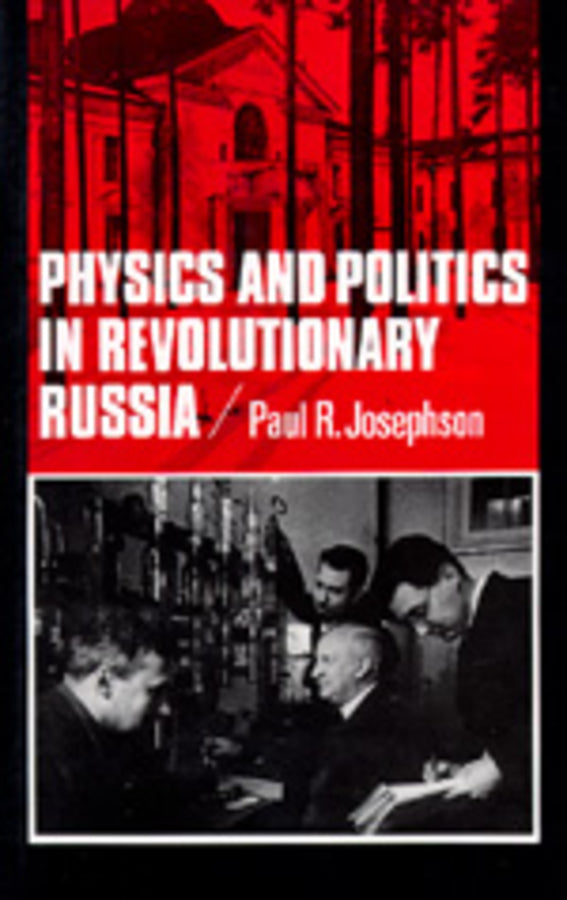Description
Explore the pivotal intersection of Physics and Politics in Revolutionary Russia with this groundbreaking book. Titled 'Physics and Politics in Revolutionary Russia' and published by the University of California Press in 1991, this academic work delves deep into the unique challenges faced by physicists during a period of intense political upheaval and cultural transformation. With an ISBN of 9780520074828, this text utilizes rare personal documents and previously closed institutional archives to present a compelling narrative of scientific endeavor under extreme pressure.
Set against the backdrop of Soviet Russia leading up to World War II, the book offers valuable insights into how revolutionary political changes impacted the trajectory of scientific research in Leningrad, the epicenter of Soviet physics until the late 1930s. It beautifully illustrates the struggle of physicists who, fueled by curiosity about new concepts of space, energy, light, and motion, were compelled to align their scientific aspirations with the prevailing ideology of dialectical materialism.
Josephson's account sheds light on the profound influence of Stalinist policies, the subsequent purges, and the eventual shift of leadership to Moscow, revealing how these factors thwarted the collaboration of scientists with their Western counterparts. This scholarly exploration is essential for anyone interested in the history of modern physics, science under totalitarian regimes, and the resilient nature of intellectual pursuit in the face of adversity. 'Physics and Politics in Revolutionary Russia' is not just a historical text; it's a significant contribution to the understanding of how political landscapes can shape scientific progress.
Set against the backdrop of Soviet Russia leading up to World War II, the book offers valuable insights into how revolutionary political changes impacted the trajectory of scientific research in Leningrad, the epicenter of Soviet physics until the late 1930s. It beautifully illustrates the struggle of physicists who, fueled by curiosity about new concepts of space, energy, light, and motion, were compelled to align their scientific aspirations with the prevailing ideology of dialectical materialism.
Josephson's account sheds light on the profound influence of Stalinist policies, the subsequent purges, and the eventual shift of leadership to Moscow, revealing how these factors thwarted the collaboration of scientists with their Western counterparts. This scholarly exploration is essential for anyone interested in the history of modern physics, science under totalitarian regimes, and the resilient nature of intellectual pursuit in the face of adversity. 'Physics and Politics in Revolutionary Russia' is not just a historical text; it's a significant contribution to the understanding of how political landscapes can shape scientific progress.

